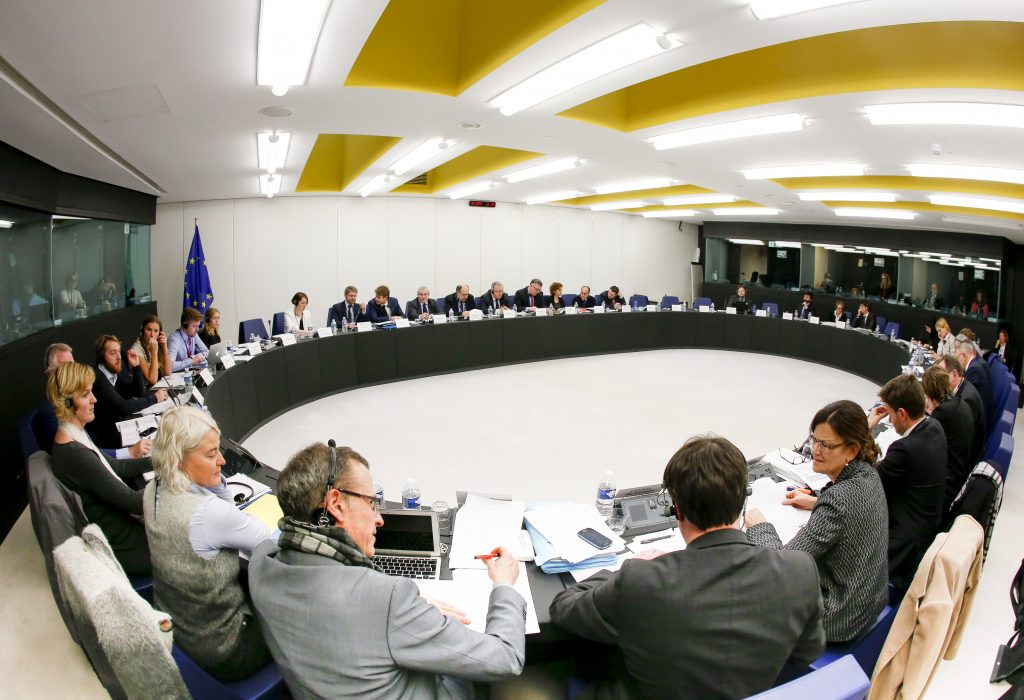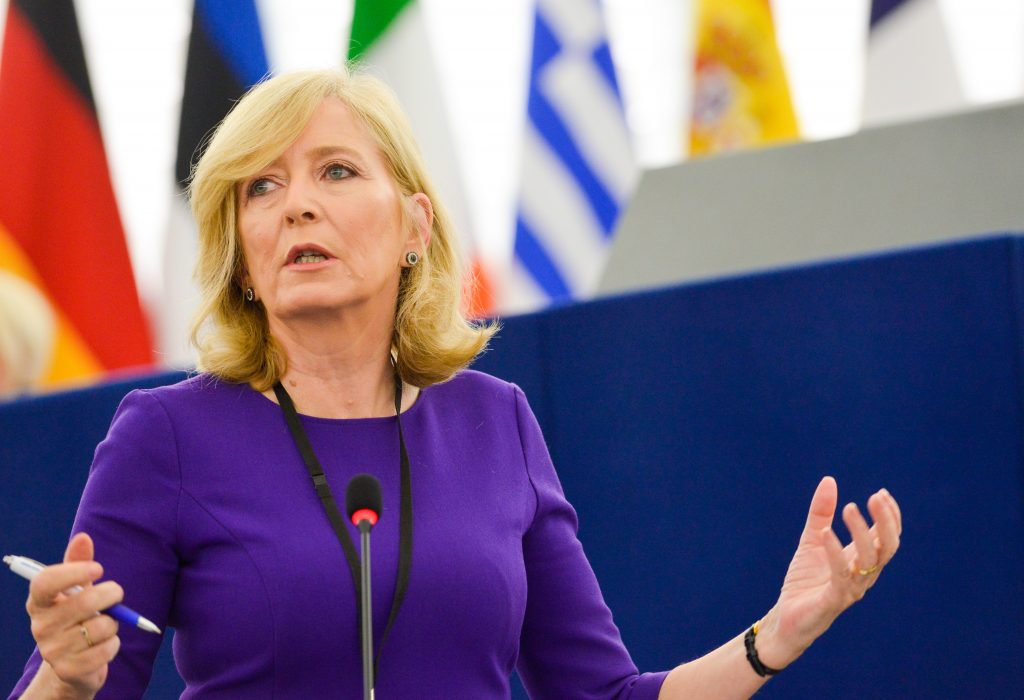An article by TrUE researchers Maarten Hillebrandt and Päivi Leino-Sandberg was recently published in the Journal of European Public Policy. The publication analyses the role played by the European Ombudsman and the Court of Justice in overseeing the fulfillment of transparency obligations in trilogue negotiations.

The article, entitled Administrative and judicial oversight of trilogues addresses the question of enforcement of transparency obligations of the European institutions when they engage in informal legislative negotiations known as ‘trilogues’.
Different methods, different strengths and weaknesses
The article argues that even today, the legislative institutions are acting in contravention of the constitutional principle of legislative transparency, by failing to immediately and fully disclose documents drawn up in the context of trilogue negotiations. The Ombudsman and Court of Justice have taken various steps to clarify citizens’ rights and legislative institutions’ obligations pertaining to transparency, in terms of key concepts, procedures, and remedies against non-disclosure. However, their findings are not always congruent and their oversight styles differ markedly. Whereas the Court’s focus is on safeguarding EU constitutional principles relating to democracy, the Ombudsman increasingly takes an expansive view of the concept of maladministration.
The findings of the analysis point at typical limits to the effectiveness of mechanisms of external oversight, in that external watchdogs become less mindful when they associate too much with the institutions they oversee, less effective when they becoming antagonistic to the point of partisanship, and more indeterminate when opportunities for intervention are few and far between. The article concludes that there is no silver bullet for trilogue transparency. External oversight must therefore continue to calibrate between different actors, methods, and styles.
Special issue on a topical issue
The article appears in a special issue on the politics of trilogues edited by Gijs Jan Brandsma, Justin Greenwood, Ariadna Ripoll Servent, and Christilla Roederer-Rynning. The proper functioning of this procedure has gained enormous relevance for the legitimacy of EU decision making, given that, according to the recent dissertation of Alex Hoppe (Utrecht University), some 99% of laws adopted between ’14-’19 were adopted in trilogues. This makes the appearance of this special issue particularly timely and topical. -MH

